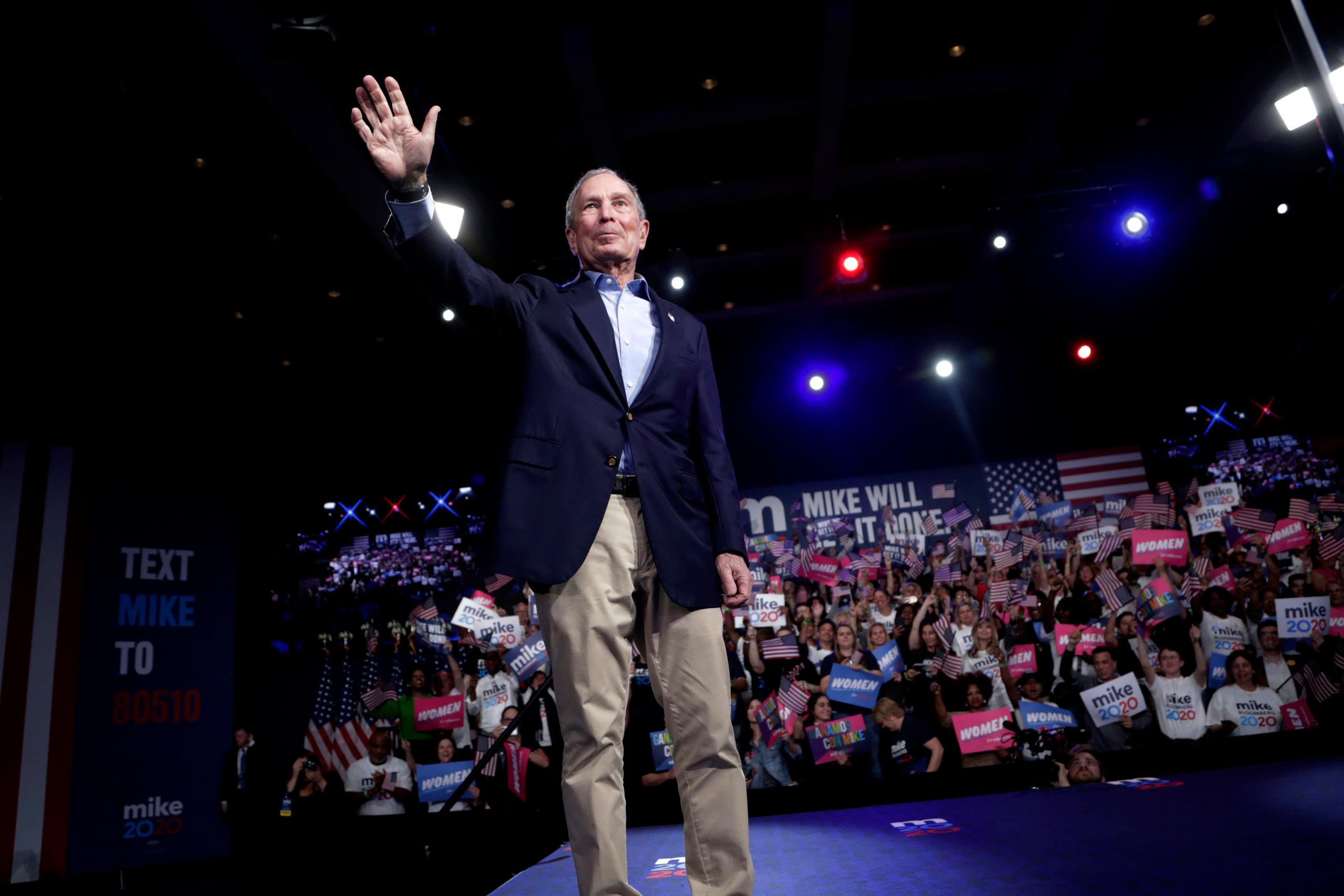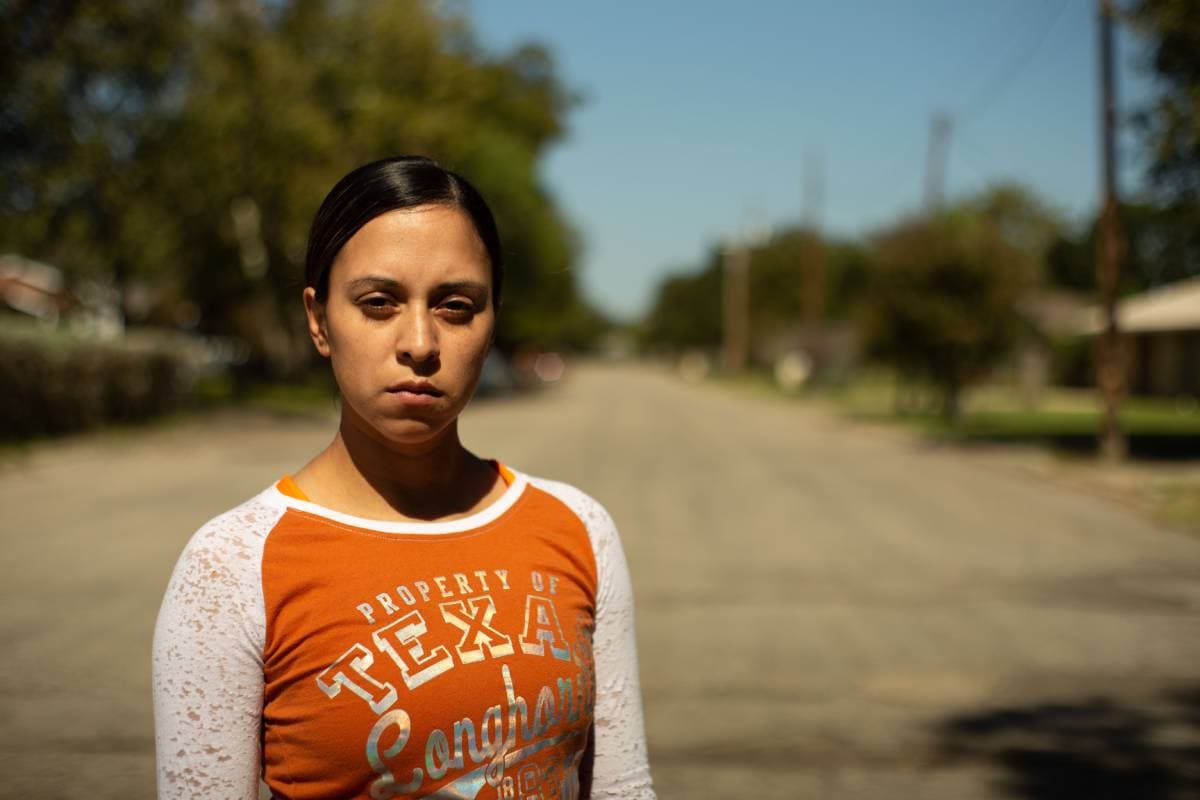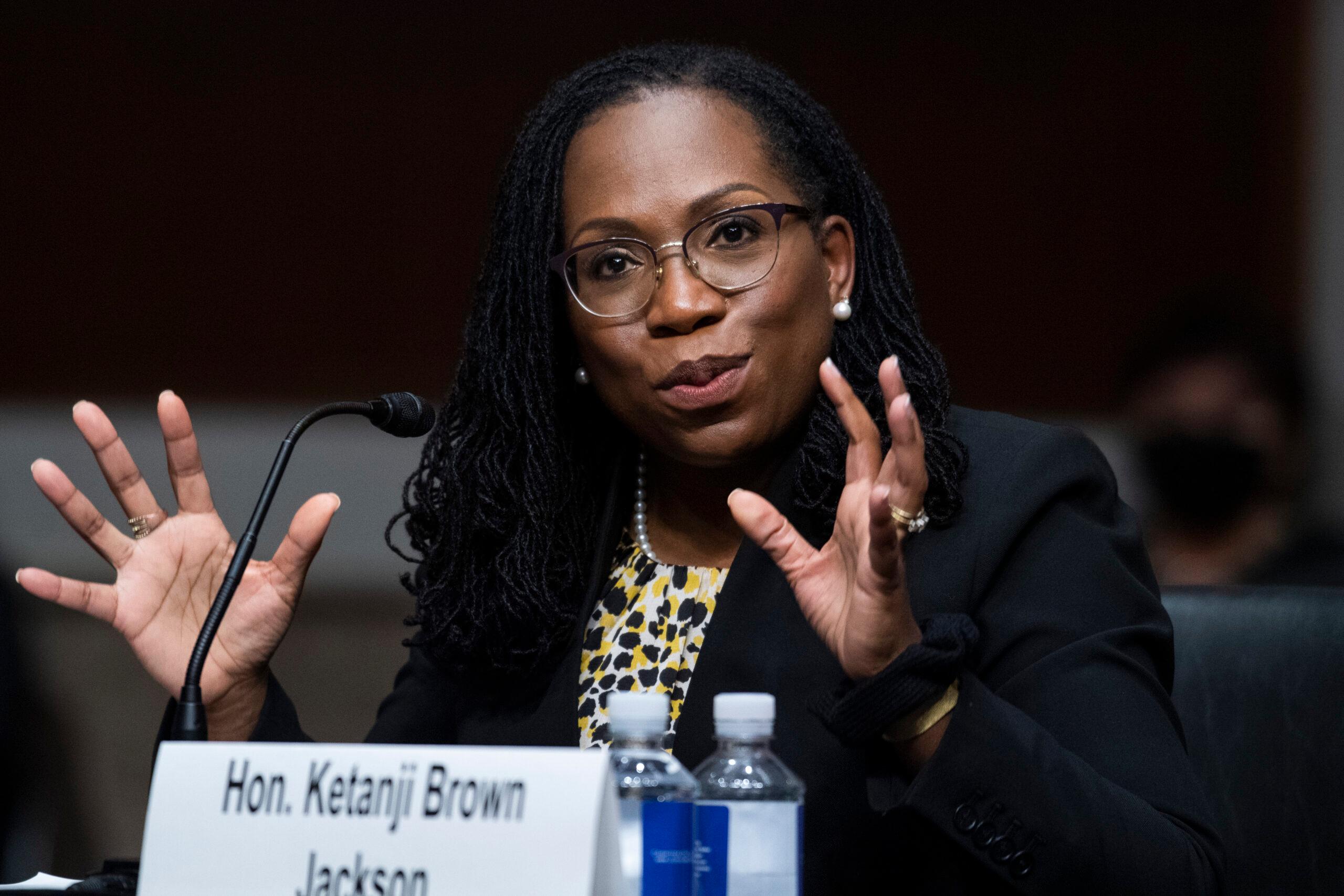
The five Colorado attorneys who gathered to talk about the nomination of Ketanji Brown Jackson to the U.S. Supreme Court have much in common.
Like Jackson, all are Black women. But beyond that, they all identify with Jackson’s long path to respect in her field from public defender to federal judge, and now, nominee for Supreme Court justice. If confirmed, it would be history-making for the nation, and for the nation’s Black women.
That alone brings all the attorneys a sense of pride. But for some, it is mixed with trepidation over what they fear will be a tortured road to confirmation in which her qualifications will be unfairly challenged by senators.
What follows are excerpts of an hour-long conversation with the five attorneys. It was moderated by CPR’s Elaine Tassy.
Elaine Tassy, CPR Race, Diversity and Equity reporter: So the reason that we all have the pleasure of being together this afternoon is because we are in a moment that's never happened before, Judge Ketanji Brown Jackson. I would like to start with Jaime. We were chatting a little earlier today about watching the hearings and I'm interested to hear from you first, and then from everybody after that, whether or not you are watching on TV, and why or why not?
Jaime Cowan, defense attorney and former prosecutor: I am not watching the hearings on TV. I know what is going to happen if it hasn't already. Ketanji Brown's bar is gonna be up here … higher than any other person's bar. I didn't want to be retraumatized as I was with Anita Hill in those hearings. Being Black female attorneys, especially in a state like Colorado, every day is about putting your armor on. Watching a woman, we all know, get to the federal bench at all is such an accolade. And she didn't just get there for no reason.
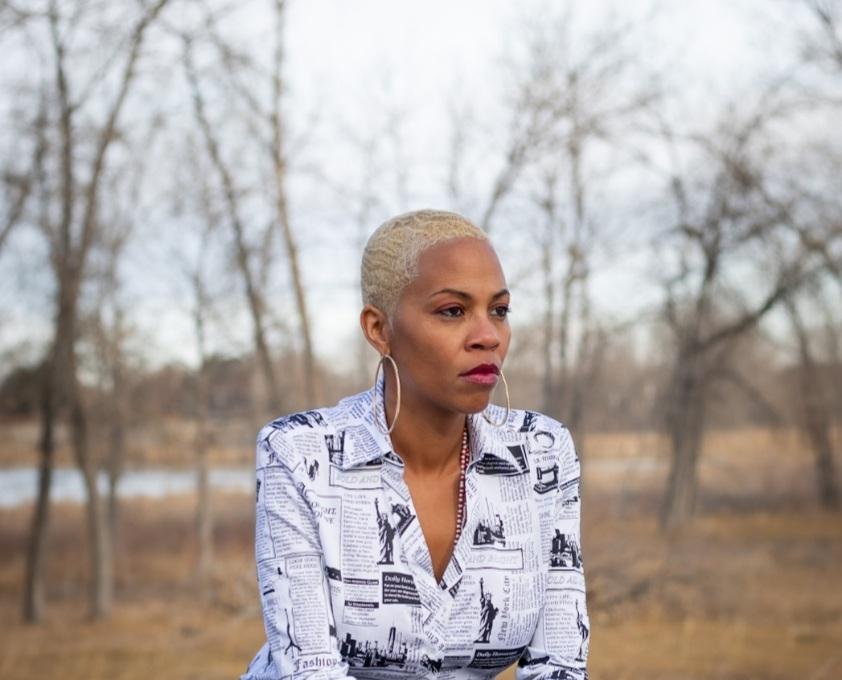
But the questions for her and the topics that they're going to go over for her is just going to compound what we deal with every single day in this country: Not good enough, just because she's Black. And the bar is set lower for everyone else who is not Black. They're not going to ask her the same questions they asked [Justice Neil] Gorsuch, which was evidenced by “what was your LSAT score?”
Linda Lee, Denver defense and family law attorney: The questioning with her is very politicized, right? “Let's just try to gather up everything we can to really invigorate our base and let's attack her,” with questions that are, quite frankly, off base, and don't even really have much to do with what she's about.
The way they're skewing her record is also a problem to me.
Tassy: What is it about her record that you have noticed that they're treating in a skewed way?
Lee: Well, I think first and foremost because she was a federal public defender. What people don't realize is when you're a defense attorney, you're defending the Constitution. I think that they're attacking her record, based on representing the Guantanamo Bay detainees. And in those cases, they actually sued and the Supreme Court actually said that they were right, that they couldn't just be held and detained without a trial.
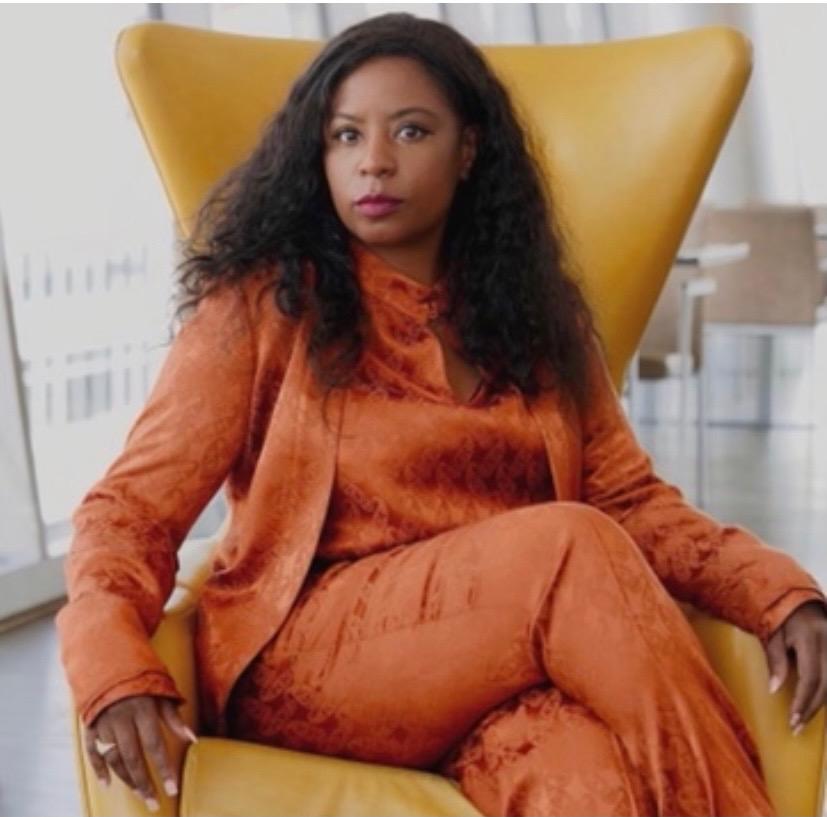
Tassy: Do you think that the fact that she served as a defense lawyer is something that is being overly magnified? What do you feel about her as a potential Supreme Court justice?
Denver County Court Judge Renee Goble: I think, first of all, it's, it's about time. I agree with my counterparts about the overwhelming scrutiny. She's going to be under more (scrutiny) than any other Supreme Court justice, ever. And I certainly have sympathy for her and, sending her a lot of courage, because it's not easy to be in that position.
I think the fact that she is a criminal defense lawyer and has that criminal background is very important. A lot of what the Supreme Court has to decide are criminal issues. And there has not been a criminal practitioner on that bench in decades. So it is time to have someone with that background who has that knowledge, of defending people and individuals, especially [the] indigent because those are the type of cases the Supreme Court hears the most.
Tassy: What do you see in yourself that you also see in her?
Goble: Oh, I mean, it's definitely like putting a mirror up for myself. I'm a Black immigrant woman, so I have that extra little bit that I have to overcome. But I had to be, and I have to be, exceptional. There's no choice for me to be anything but exceptional. And that's the same that I see with her. They're pointing out these things like her record with respect to sentencing on child pornography and pedophiles. None of us saw or know what the facts are of those cases. So it's really hard to judge without knowing what she had to deal with. They're pointing right to that so that they can attack her, as opposed to highlighting all of her strengths and highlighting all the great things about her. It's really unfair.
Tassy: What are you thinking and feeling when you see her being attacked by some of the people who are asking questions of her?
Joyce H. Akhahenda, Lead Attorney, Colorado State Public Defender’s Office: What goes through my head when I see that is: it's normal. I'm not surprised that they're attacking her. If they weren't attacking her because of her sentencing, they’d just find something else to attack her about. So it's not surprising to see that happen, particularly when you know that she already went through confirmation proceedings and they were aware of all of this when she was confirmed to the court of appeals. So these are not new issues or anything surprising to them that they're just learning. There's always a higher bar, particularly when you're a Black female and it's also isolating. There's a lot of isolation. And I think probably we've all been in similar circumstances of being isolated and attacked in our career positions, just rising to the level that we're at.
But the additional thing that I feel is a sense of pride. She is handling herself very well, just as I expected her to. She is keeping calm. They often try to poke at you to try to get you to be the angry Black woman. She is showing that that is not the case. And she is showing that she is what we all knew: She was a very well educated, well trained, smart, intelligent Black woman. We're told, as public defenders, “you're not gonna get to those types of positions when you're a public defender.”
Tassy: Because you feel as though she's aspiring to something that, because she can aspire to that, do you feel as though you could say to yourself, well, she's doing it, so why can't I do it?
Akhahenda: Right. I think it opens a lot of doors, not only for me, but for other Black women, other young Black attorneys to say, “I can do this also.” And we as Black women have done a lot for this country; we've given a lot back and to finally see her get through that door, which has been closed for such a long time, it does give you a sense of hope.
Velveta Golightly-Howell, former prosecutor and longtime civil and criminal attorney in Colorado: We as Black women – smart, accomplished Black women – are the most intimidating people that are found in the world . . . We scare and bring fear to the hearts of many people, because of not only our intellect, but because of the way that we present ourselves with grace and spirit and compassion and energy.
We have a phenomenal woman, who's sitting there in the hot seat before the Senate. And one of the things that I know for sure is that she has strong faith. And when you have strong faith, you realize and understand that if something is intended to be yours, it doesn't matter who is after you, who tries to beat you down, who tries to embarrass you. It is going to be yours because you would've stood with grace and intelligence and fairness and compassion. So that's what I see: Judge Brown Jackson illustrating, not only for we Black attorneys, but for our children and other children, she is the consummate role model.
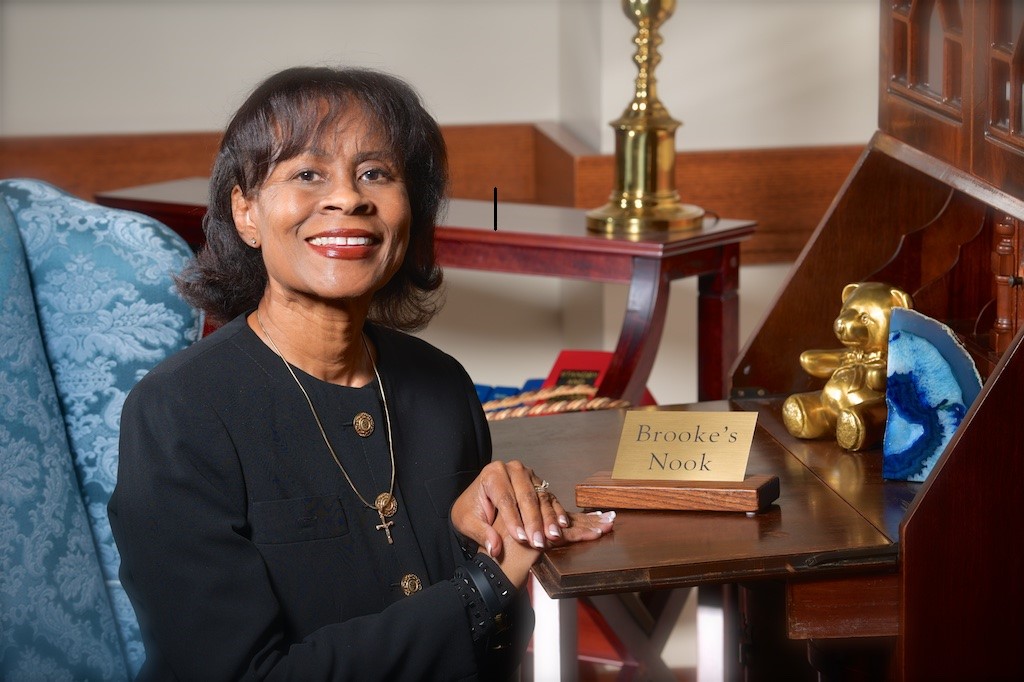
If you just look back at what Thurgood Marshall, the first Black Supreme Court justice had to go through at his confirmation hearing, and you consider the partisanship that exists within not just the Senate, but the House and throughout government, you understand that victories are fought for, that you just have to keep your feet on the pedal and keep moving.
Tassy: How do you all think that Judge Ketanji Brown Jackson's lived experiences are going to influence how she serves as a justice as compared to judges whose lived experiences are not so different from the other people who they're serving with?
Lee: I think we all bring our experience into what we do. You don't check your experience at the door. She's supposed to be impartial, But being impartial doesn't mean that she can't recognize what's going on in our justice system, which is really mind-blowing how different the treatment is for not just Blacks, but for people of lower-income as well.
I think she's going to bring her experience from not just her aunts [and] uncles who are police, but the uncle that got arrested [and] the clients that she defended, and that's important.
Akhahenda: And now you have a Supreme Court member who can talk about those experiences and say, ”They're real.” That perspective is something which is really important and something that the bench has been missing for a very long time. Her lived experiences help not just in criminal cases, but also in civil cases, because there are experiences that people of color have in civil matters that other people may not understand in regards to how their rights may be violated in those situations.
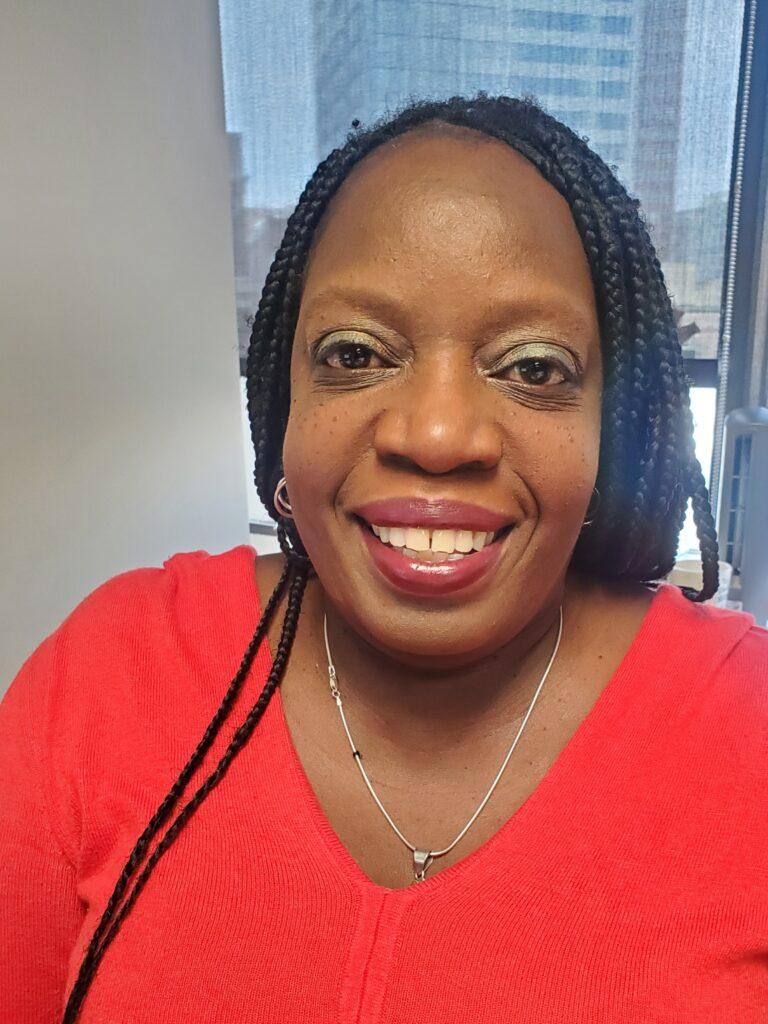
Goble: I'm a civil judge. I'm in the Denver county court, civil division, and I mainly handle eviction.
I spend a lot of my time educating people about civics, about governance, about their rights. And as a Supreme Court justice, that's exactly what they're supposed to do: Explain the law in a way that everyone can understand. And so that it can be told as the law of the land. And so I think her experience is going to be a great credit and attribute to her.
I really am hopeful. I'm very hopeful that she's going to get confirmed. I think it needs to happen, for so many reasons, but mainly because she's a really good judge and she has that grit to do this. And she's proving herself just by sitting calmly at confirmation hearings. Because it's not easy. I would've given up long ago.
Tassy: So when you said I would've given up long ago, I heard you kind of laugh a little bit, but I'm wondering, is anybody in the room feeling like they might have given up during the process by now, or maybe even sooner?
Goble: You wanna talk about being under a microscope? it's like an electron microscope with her! And I just don't think I have the stomach for it. The vetting process I had to go through for my judicial process was great, but it wasn't nearly at this level. It's just not something that I would want to do because I like being a trial judge. I think we all have to give her credit for just even taking up the task, accepting the nomination, knowing she's gonna be on this great scale, very similar to Vice President Harris.

Tassy: When President Biden was a candidate, he had mentioned that he intended to select a Black woman for the Supreme Court position if one should come open during his term. If he had not said that, do you think that her experience right now would be any different than how it's going?
Cowan: I'm not sure if the experience would be any different, but I am sure that puts a target on her back (that) she's not as qualified because Biden said he was nominating a Black woman. They will use that reason to then lessen her by those words that he couldn't have picked her for any other reason.
Golightly-Howell: I do think that Biden felt it was time for a Black woman and he realized that he was only in the position of president because Barack Obama had picked him as his vice president. When Sandra Day O'Connor was nominated by Reagan, he said very clearly, “It is time for a woman to be on the U.S. Supreme Court.” That's what he did. And then when Trump nominated Amy Coney Barrett, it was the same – “I'm looking for a woman.” It's just that people play these political games and you have to be able to play them back if you wanna be in that arena.
Akhahenda: I think by saying it earlier on while he was campaigning, I think it actually made it easier or more acceptable when he made the nomination, because he had already made that commitment earlier on. I think as soon as they saw her, she was gonna face heavy criticism, as soon as they realized she was a Black woman. So I don't think it made it harder. I think she would've still been under heavy scrutiny as a Black woman.
Tassy: She has a white husband and biracial children, and I'm wondering whether any of you think that the fact that she is married to a white man, does that factor in, as far as how other people are going to react to her?
Goble: I can take that one because I'm married to a white man as well with biracial children. And it's so interesting because a lot of the Black judges, male and female, it seems that we're all married to a white partner. We kinda laugh about it, but at the same time, you love who you love. But I think that it's going to be a benefit to her, honestly. I think for the white persons in our country that are trying to connect with her, they can see that connection with her husband and children. It would be a benefit as far as her confirmation.
Lee: I don't think that matters at all. I think that she is a Black woman sitting up there, no matter if she's married to a white Republican, it wouldn't matter. She is being judged and she is being attacked because of the race of her skin. And just because she may have a white counterpart or white husband, I don't think that lessens the blow in any way.
The U.S. Senate Judiciary Committee is expected to vote on Jackson’s nomination on April 4. If it advances to the full Senate, that vote may occur before the Easter recess. To hear this discussion, go to https://www.cpr.org/show/colorado-matters/ and click on the link for March 24.
Related stories
- After meeting with Judge Ketanji Brown Jackson, Sen. Bennet affirms support for her confirmation
- Watch: Judge Ketanji Brown Jackson Supreme Court Confirmation Hearings, Day 3
- Watch: Judge Ketanji Brown Jackson Supreme Court Confirmation Hearings, Day 2
- Watch: Judge Ketanji Brown Jackson Supreme Court Confirmation Hearings, Day 1





